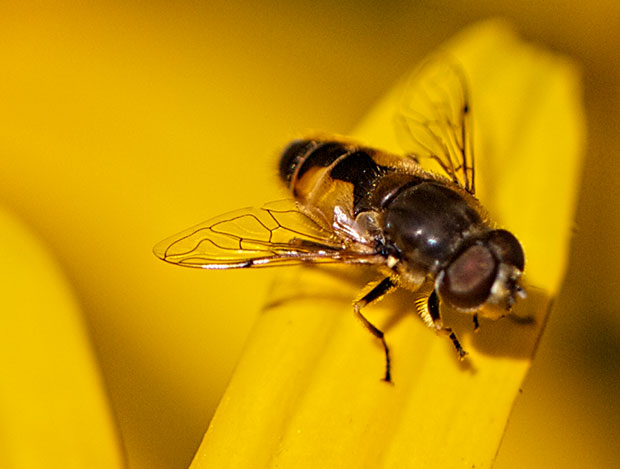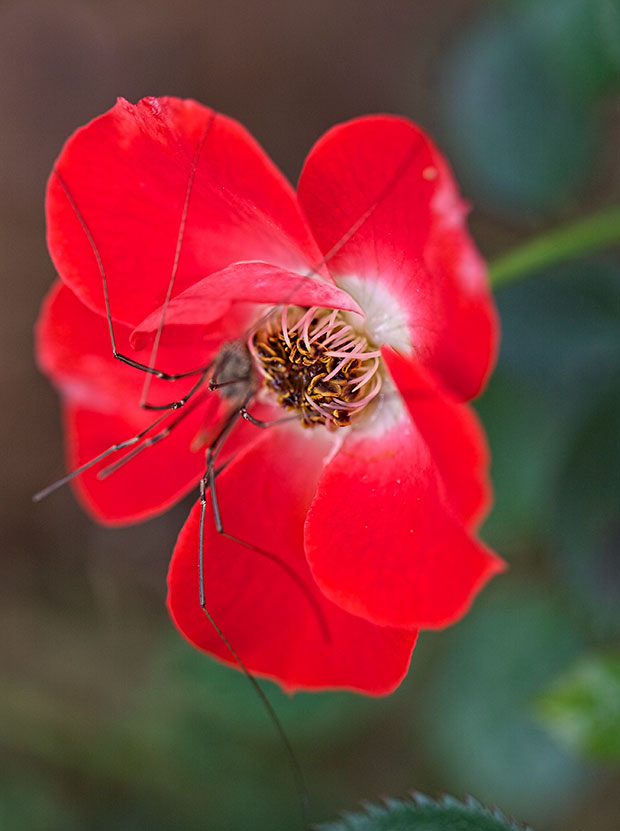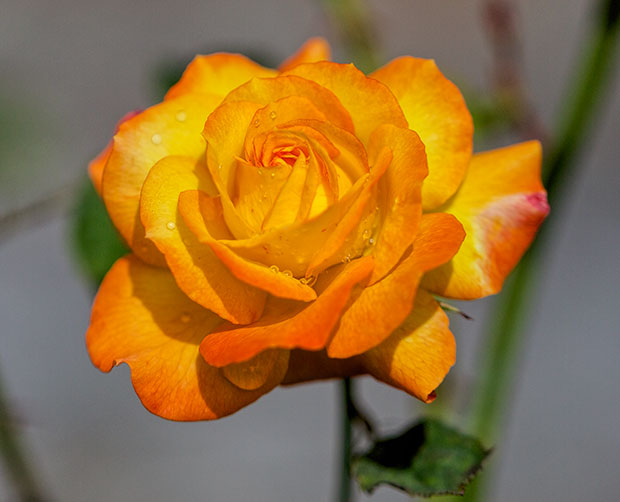As I think I’ve noted a long time ago, I got my first introduction to Asian literature in a graduate course taught by a visiting Korean professor at Portland State. Although we covered a wide range of Classic Chinese literature, the one work that stayed with me was the Tao Te Ching. It inspired a love of Chinese/Japanese literature that has helped me so see the world in an entirely different light than I did when I was stationed in Vietnam in the 60’s. I’ve re-read the original version we read for class a few time and have also read and discussed several different versions. Though I prefer some translations over others, all of them have helped me to better understand the Tao Te Ching. That’s certainly true of Stanley Lombardo and Stephen Addiss’s recent translation of the Tao Te Ching.
Burton Watson’s Introduction reminded me what makes the Tao Te Ching different from other great Chinese Classics of the same era:
What in particular sets the Taoists apart from the other schools of philosophy is the marked strain of mysticism and quietism that underlies so much of their thought, a strain that seems to reach far back into the roots of Chinese culture. It is this strain that in a Taoist text such as the Tao Te Ching engenders its most potent symbols: water, darkness, the valley, the female, the babe.
Since these aspects of Taoism remind me of the Transcendentalists, particularly Thoreau, I had a natural affinity for it when I first encountered it.
The Tao seems similar in many ways to the Transcendentalists’ Oversoul. Burton Watson notes that though “Tao” literally means the “way” or the “path” in Chinese, it has a much more complex meaning in Taoist literature:
But in Taoist writings it has a far more comprehensive meaning, referring rather to a metaphysical first principle that embraces and underlies all being, a vast Oneness that precedes and in some mysterious manner generates the endlessly diverse forms of the world. Ultimately, as the Tao Te Ching stresses, Tao lies beyond the power of language to describe, though the text employs a number of highly suggestive terms and similes to allude to it, kennings for the ineffable, as it were, that serve to suggest at least something of its nature and immensity. For, unknowable as the Tao may be in essence, one must somehow learn to sense its presence and movement in order to bring one’s own life and movements into harmony with it. The aim of the text, then, is to impart to the reader, through hints, symbols, and paradoxical utterances, such an intuitive grasp of the tao and the vital ability to move with it rather than counter to it.
At first encounter, the Tao seemed to correspond to the Holy Spirit. Today, if I were trying to explain it to a class of high school seniors, I might compare it to Yoda’s “Let the Force be with you.” Yoda’s directive “Do, or do not. There is no try.” would certainly seem worthy of a Taoist sage.
Burton Watson also points out another reason why The Tao Te Ching appealed to me more than the other classical Chinese writings:
But the Tao Te Ching lacks a specific speaker or context and because it relies not on logical exposition but on sheer power of language in expounding its ideas, it comes closer to pure poetry than do any of the other philosophical texts. It is this poetic force and beauty of the text that the translators, as they explain in their preface, have been most concerned to bring across in their translation. It seems to me they have succeeded brilliantly.
Although I occasionally become obsessed with understanding “why” something is happening or has happened, I generally prefer the kinds of intuitive truth to be seen in paintings or poetry to the logical truths the mind attains.
I remember in order to Illustrate differences between the Chinese language and the English language, my Korean professor would write the exact translation next to the Chinese characters, making the original Tao Te Ching seem much more “concrete” than the translation we were using. Quite often I preferred the professor’s “translation” to the one we were reading. Though Lombardo and Addiss’s translation is much more sophisticated than the professor’s simple translation, that seems to be part of what they are trying to accomplish in their translation:
First, we wanted to translate rather than explain the text. The Tao Te Ching is always terse, and sometimes enigmatic. Previous translators have often offered explications rather than pure translations; they explained what they thought Lao-tzu meant rather than what he said. We have chosen to let the text speak for itself as much as possible. Second, we found that earlier translations, because they often paraphrase the text, tend to be verbose, extending the concise Chinese text into much longer sentence patterns.
The first chapter of their translation illustrates their emphasis on conciseness
Tao k’o tao fei ch’ang Tao
TAO called TAO is not TAO.
Names can name no lasting name.
Nameless: the origin of heaven and earth.
Naming: the mother of ten thousand things.
Empty of desire, perceive mystery.
Filled with desire, perceive manifestations.
These have the same source, but different names.
Call them both deep—
Deep and again deep:
The gateway to all mystery.
If as Watson says the two primary elements of Taoism are mysticism and quietism, this first chapter sets them out clearly. This insistence that The Way cannot be named clearly places it outside the intellectual domain, asserting its mystical essence. The very act of naming something forces us to divide the world up into distinct elements rather than intuiting the unity of all things. And the very essence of quietism seems personified in the phrase “empty of desire,” a very non-Western idea.
These same two ideas are developed more fully in the second chapter:
Recognize beauty and ugliness is born.
Recognize good and evil is born.
Ku yu wu hsiang sheng
Is and Isn’t produce each other.
Hard depends on easy,
Long is tested by short,
High is determined by low,
Sound is harmonized by voice,
After is followed by before.
Therefore the Sage is devoted to non-action,
Moves without teaching,
Creates ten thousand things without instruction,
Lives but does not own,
Acts but does not presume,
Accomplishes without taking credit.
When no credit is taken,
Accomplishment endures
.
The line “Recognize good and evil is born” reminds me of the Existentialist line, “Nothing is right or wrong, but thinking makes it so.” If we declare that something is “good” it inevitably follows that anything not “good” must be “evil,” or, at least, bad. It is this constant judging that drives us, making us unable to live in and appreciate the moment. “Is and Isn’t produce each other.” No wonder the Sage must learn to quiet his monkey brain to attain true awareness.





